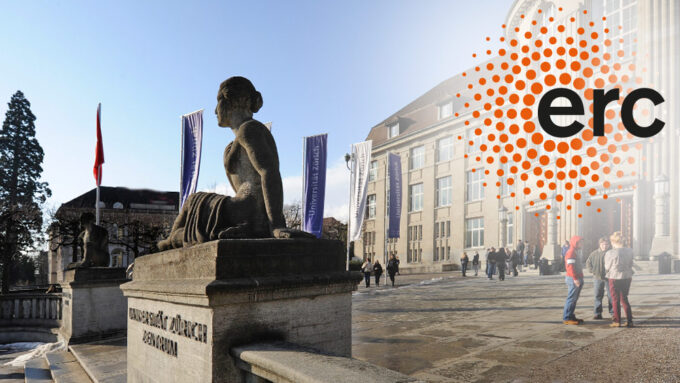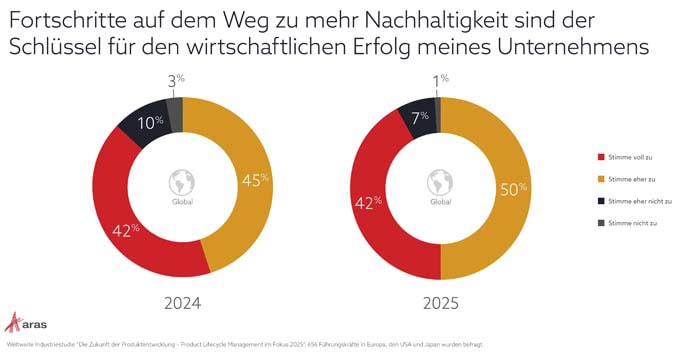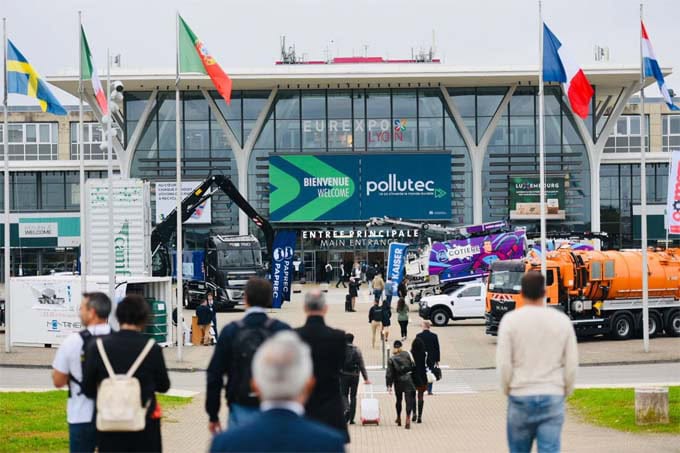Funding for excellent UZH research
Six researchers from the University of Zurich (UZH) have been awarded a prestigious ERC Consolidator Grant from the European Research Council. They will each receive around 2 million euros in funding for their research projects in economics, medicine and the humanities.

Record for the University of Zurich (UZH) in this year's ERC awards Consolidator Grants from the European Research Council (ERC): Six UZH researchers will each receive around 2 million euros in funding to implement their innovative project over the next five years. With the highly competitive Consolidator Grants, the ERC honours talented young scientists throughout Europe. Their projects should be interdisciplinary, dedicated to emerging fields of research or distinguished by unconventional approaches. From UZH, two researchers in economics, one in human medicine, one in biomedicine, one in molecular biology and one in history will receive an ERC grant.
Reading and controlling gene activity
Tuncay Baubec, SNSF Professor of Epigenetics, and his team are investigating how special proteins can detect epigenetic modifications in genetic material. These DNA modifications influence gene activity and play an important role in many biological processes. However, it is not yet fully understood how the chemical modifications are interpreted by the cellular machinery. The aim of the project is to find proteins that can "read" different epigenetic modifications and to identify those parts of these proteins that are responsible for specific recognition. Using these protein fragments, they want to develop proteins with novel properties that can be used to control epigenetic modifications and thus the activity of genes.
Reliable drones for rescue missions
Davide Scaramuzza, Professor of Robotics and Perception at the Institute of Computer Science and the Institute of Neuroinformatics, wants to optimize autonomously flying drones equipped only with onboard cameras so that they fly faster and more precisely than normal, pilot-controlled drones during search and rescue missions in complex environments. The neuroinformatician, who hails from central Italy, which is regularly hit by earthquakes, is looking at the speed, versatility and robustness of today's drones. In his project, he wants to develop intelligent algorithms that take advantage of event cameras: novel sensors with much lower delay time and higher dynamic range than standard cameras.
Understanding the control mechanisms of blood stem cells
César Nombela-Arrieta from the Department of Medical Oncology and Hematology at the University Hospital Zurich is investigating the mechanisms by which blood stem cells are regulated in bone marrow tissue. The stem cell reservoir is maintained by a finely regulated balance of stimuli that control when stem cells differentiate, proliferate or go dormant. What this control looks like at the level of individual stem cells is still largely unknown. Nombela-Arrieta uses genetic tools and a specially developed, quantitative three-dimensional microscopy technique to decipher these complex forms of cellular communication. His findings could help to maintain the finely controlled balance of blood stem cells, which gets out of control in cancer, for example.
Imaging and understanding highly complex breast tumors
Bernd Bodenmiller from the Institute of Quantitative Biomedicine wants to develop new approaches to describe cancer tumours in order to facilitate precision medicine. Tumours are highly complex entities consisting of a large number of different cells that communicate with each other. One of the goals of the research is to develop new technologies and computer-based methods that help to capture this complexity and describe it in a similar way to social networks. In this way, Bodenmiller and his team hope to better understand how the environment of distant metastases in breast cancer supports their growth. The goal is to use this knowledge for precision medicine approaches in order to determine the most suitable therapies for patients one day.
Simplicity in market design
Simplicity plays a key role in practical market design: it brings participants to markets and institutions, saves costs, and enables market designers to derive optimal outcomes. Marek G. Pycia of the Department of Economics addresses questions such as: Which contracts and market mechanisms are simple? How can we compare the simplicity of different contracts and mechanisms? What are the trade-offs between simplicity and other goals such as public welfare, fairness or income? Further goals of the project are to create a new behavioral basis for market design and to develop new practical market mechanisms.
Justice and political order
The historian Benjamin Straumann explores the contribution of the Roman politician and thinker Marcus Tullius Cicero (106-43 BC) to the Western conception of justice. In doing so, he aims to contribute to a better understanding of how ideas of justice have developed since antiquity. What does justice consist of? Can republics exist in the long run without justice? Can justice be institutionalized and used as a standard in international relations? According to Cicero, a specifically legal justice is necessary for the stability of a state; even freedom or popular sovereignty presuppose a certain conception of justice. The project attempts to demonstrate how Cicero's conception of justice has significantly shaped the political thought of the West.
(Source: www.media.uzh.ch)









